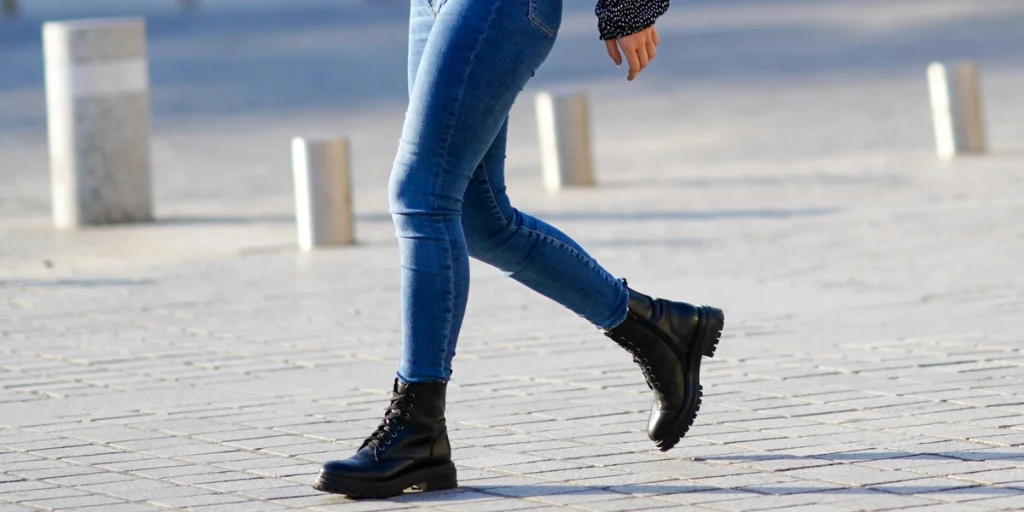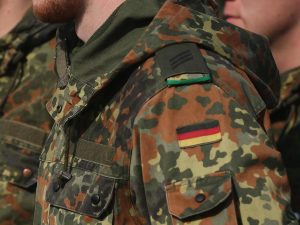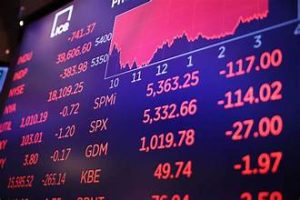The Ban on Jeans in North Korea: Symbolism and Control Behind the Strict Dress Code

The Ban on Jeans in North Korea
In North Korea, wearing jeans is strictly forbidden because they symbolize Western culture and rebellion. The regime enforces this ban through stringent dress codes and a unit known as the “fashion police.” This ban underscores North Korea’s broader efforts to control every aspect of its citizens’ lives and prevent any form of dissent or Western influence.
Jeans as a Symbol of Rebellion
Historically, jeans have represented freedom, individualism, and countercultural movements, particularly in Western societies. However, in North Korea, these qualities directly oppose the regime’s ideology, which emphasizes conformity and loyalty to the state. As a result, the government heavily promotes traditional Korean clothing and socialist attire while banning Western styles, especially jeans.
Cultural Control Through Fashion
For the North Korean regime, clothing is more than just a matter of appearance—it’s a powerful symbol. Allowing people to wear jeans could lead to the acceptance of other Western influences that might challenge the state’s narrative. The regime views jeans as a potential symbol of defiance, making them a threat to its authority.
Enforcing the Ban: The Role of the “Fashion Police”
The ban on jeans is strictly enforced by the “fashion police,” a special unit that patrols the streets to ensure compliance with the country’s dress codes. Those caught wearing jeans can face severe penalties, including fines, public shaming, or even imprisonment.
Jeans: A Threat to Regime Control
In North Korea, jeans are more than just casual clothing. They represent everything the regime fears—Western influence, rebellion, and the potential loss of control. The ban on jeans is one of the many ways the Kim regime maintains its grip on power, dictating not only how people live but also how they think, down to their choice of clothing.




